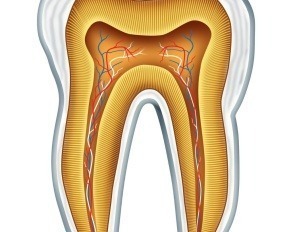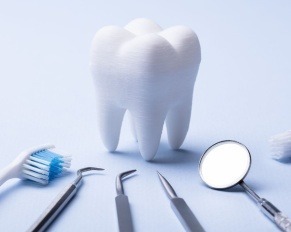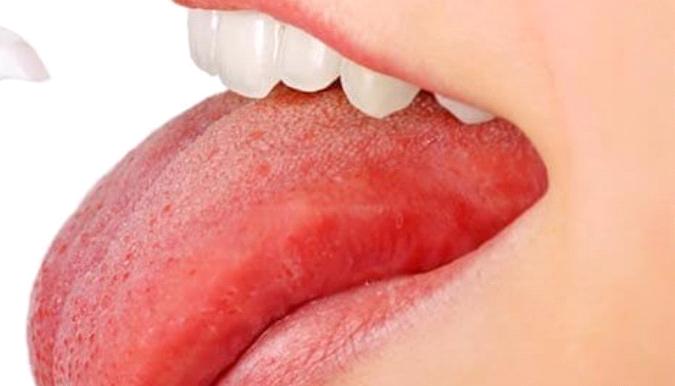Tooth decay is one of the most common dental issues, but the good news is that it’s also preventable. As…


Tooth decay is one of the most common dental issues, but the good news is that it’s also preventable. As…

From ancient times to modern dentistry, teeth have held a prominent place in human history and health. They are often…

Introduction to Halitosis Halitosis, commonly known as bad breath, is a prevalent issue that affects a significant portion of the…

If you see a dentist or dental hygienist on a routine basis, they no doubt give you an oral cancer check. This is commonplace now since over 40,000 Americans are diagnosed with oral and throat cancers yearly. Sadly, the five-year survival rate of those diagnosed is only slightly more than 64 percent. By being proactive, you and your dentist can detect cancer and treat it so that major health problems are alleviated later. So thank your dentist next time when the oral cancer test is complete as he or she might just save your life!